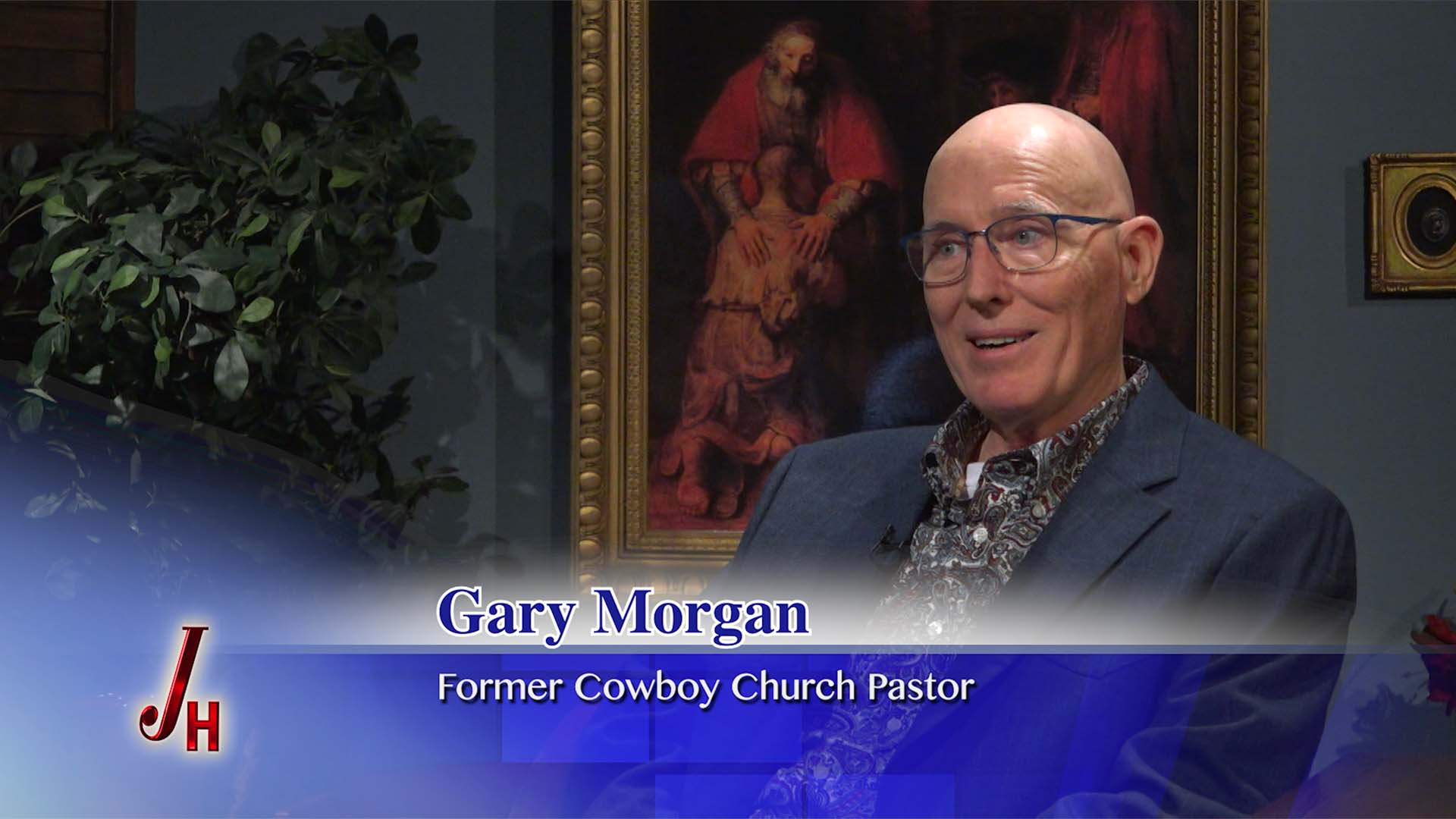My wife, Jeanette, and I were both raised in the Seventh-day Adventist Church and learned to hold strong negative feelings about the Catholic Church. My mother took great pride in being opposed to the Catholic Church; she did not know much about it, but she knew she was against it.
All Stories
How (Not) to Become Catholic is an insightful look at how a Presbyterian pastor was led to the fullness of truth in the Catholic Church, but from the perspective of what Protestants should not do so as to avoid becoming Catholic such as “Avoid Being ‘Deep in History'” and “Do Not Read the Church Fathers.” A profound and interesting perspective at conversion. Download your free copy today!
Becoming Catholic was never my dream or intent. It is still an all too vivid memory to me, sitting alone at age 40 in a half-lit basement, having resigned from the pastorate. I ached for having abandoned the weekly privilege of a pulpit from which to proclaim God’s truth. Would I ever have this privilege again? Will I ever again have a pulpit? Now they estimate that each week from the “pulpit” of The Journey Home television program I speak to a potential audience of over a billion viewers and listeners. In one night I speak to more people than I ever could have in my entire career as a Protestant minister. This is the humor of our merciful God. Before I converted I had no idea whatsoever how I would support my family let alone how I would continue in ministry. But this is getting way ahead of myself.
Margaret Smith’s world was rocked when a Catholic chaplain brought her to the realization that Christ desired all of his followers to be united as one. Praying for God’s will in her life, she trusted God’s will with an open heart.
After a heart-wrenching encounter with a priest, devout Catholic Paul Lambert fell into a deep depression of sin, alcoholism, and godlessness. After incarceration and much suffering, he discovered the wound he had kept from the Lord and made his way into full communion with the Church of his youth.
In my youth, my whole family was actively involved in many aspects of the United Church of Canada in Calgary, Alberta and in Montreal, Quebec. They were good and creative years. My call to ministry came while serving as a counselor for a church camp outside Montreal. One beautiful summer morning, the sun was dancing off the water and a gentle breeze was blowing.
After leaving the Catholic Church and attending evangelical denominations, Louise Winant sought the truth of Christ and decided to reconcile with the church of her youth. Even after returning, there was one teaching of the Catholic Church — the Real Presence of Jesus in the Eucharist — that Louise could not get over, until Jesus touched her heart.
Our third son was 10 days old on “Reformation Sunday” 1998. The preacher that Sunday at the local Lutheran church we attended was a retired Lutheran school principal, a man in his 70s with a great shock of white hair. He ascended the pulpit and held up a book, a book he proclaimed “the work of the devil!” The book was by a Catholic author on justification. The preacher offered this book as evidence that “the Reformation must go on!” To me, he came across as so angry and fearful, so unreasonably opposed to the Catholic author, that I leaned over and whispered to my husband, Joe, and said “Sounds like a book we ought to read.”
After 40 years as an Episcopal priest, Jurgen Liias became a Catholic in August 2012. In April 2013 he was ordained a Catholic priest through the Anglican Ordinariate. A community of about 25 other former Anglicans have joined him in forming the parish of St. Gregory the Great of the US Anglican Ordinariate in Beverly Farms, Massachusetts.
by Paul McCusker. Frankly, I doubt I would be much of a Catholic now without the benefit of all I’d been taught by Protestants as I travelled this way. I know that had I followed my father’s lead as a Catholic I wouldn’t be Catholic at all. (For him, it was a cultural identity, something handed down to him like an old coat he didn’t really want – if even that.) Any spark of faith in my life was fanned by my very-Protestant mother, faithful relatives and, in my formative years, the good people at Grace Baptist Church in my hometown.
Cheryl Ann, who dreamed of being a missionary and mother of many children, has felt the hand of God throughout her whole life. Facing the crisis of scandal in the Catholic Church, she left to become an Evangelical Christian. An unexpected turn of events awakened a longing desire for Jesus in the Eucharist, which brought her home to the Church of her youth.
Intellectually, I had a strong “faith” in the tenets of Protestantism, particularly as they were expressed in the Calvinist tradition. Yet Calvinism excused my sin as something God Himself did not see, since, so I believed, the righteousness of Christ had been imputed to me because of my genuine faith, covering over my sins so that He was blind to them, at least insofar as my salvation was concerned.







